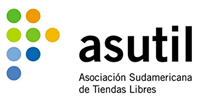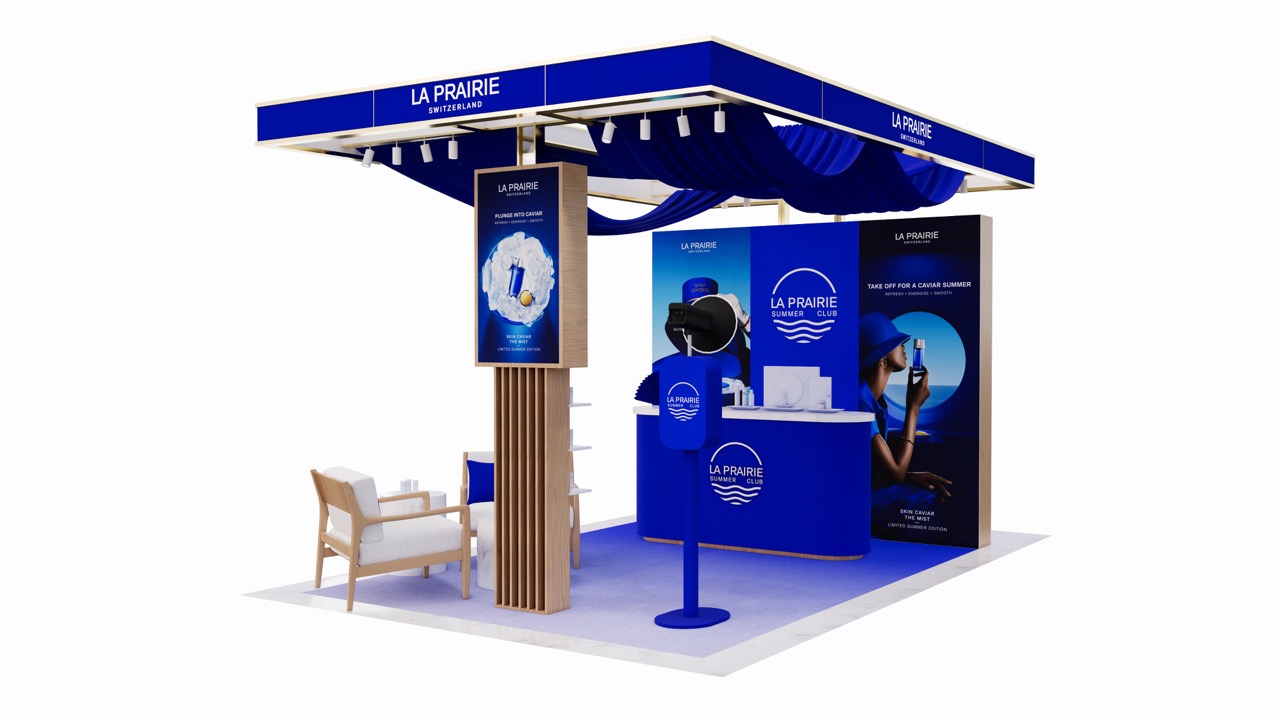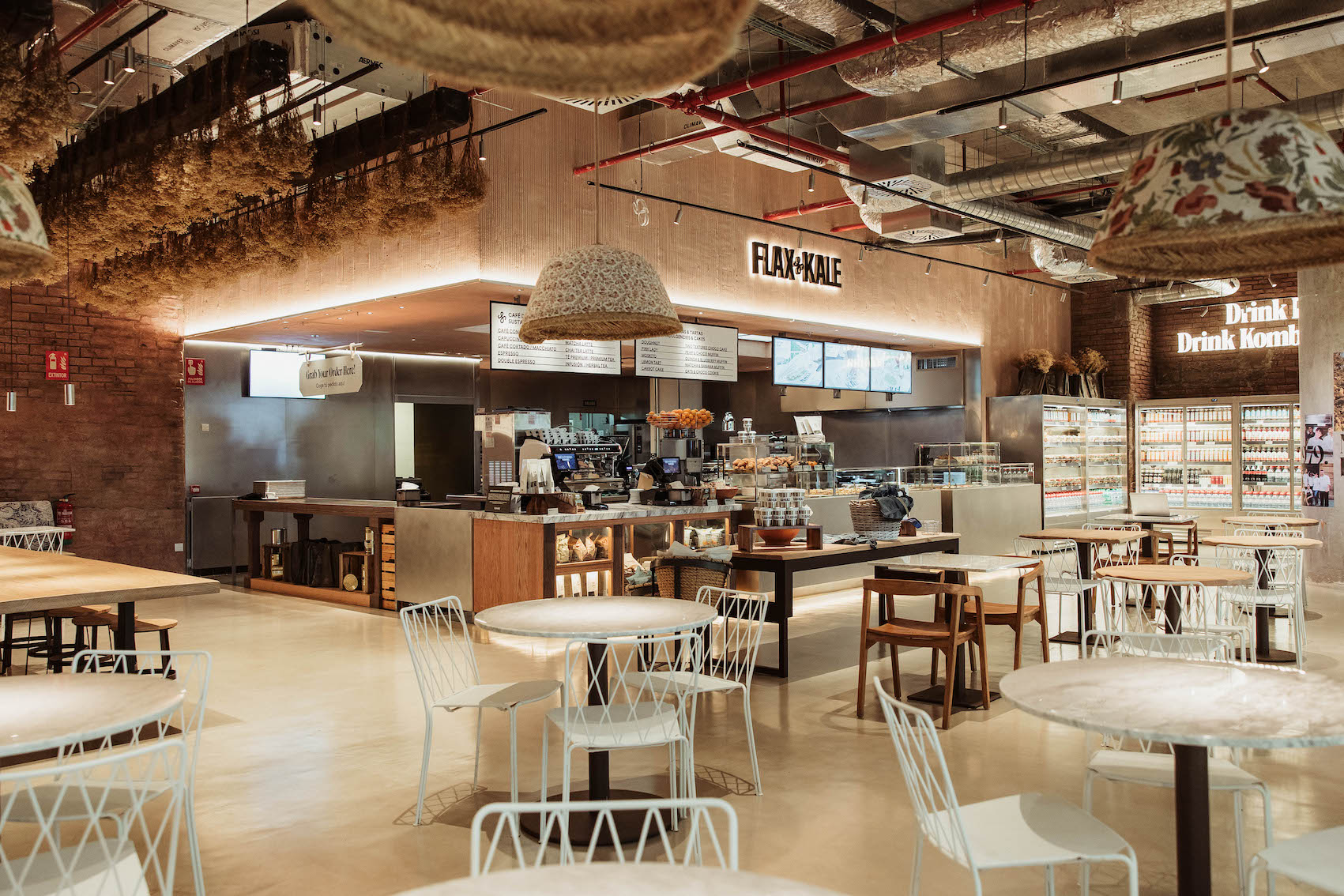 BRAZIL. Moves towards gaining an increase in the Brazilian inbound duty free allowance are gaining momentum, in what would be a game changer for the travel retail industry. The rise, if ratified, would follow sharp recent increases in the Uruguayan and Argentinean allowances (see below).
BRAZIL. Moves towards gaining an increase in the Brazilian inbound duty free allowance are gaining momentum, in what would be a game changer for the travel retail industry. The rise, if ratified, would follow sharp recent increases in the Uruguayan and Argentinean allowances (see below).
And in further good news for the channel, the first duty free shops on the Brazilian side of the country’s land borders may open as early as August 2018, The Moodie Davitt Report has learned.
South American Duty Free Association ASUTIL and Brazil’s dominant travel retailer Dufry have led the campaign to increase the allowance from US$500 to US$900. While sources say nothing is certain in a volatile political and economic climate, the chances of positive change look increasingly good.
ASUTIL Secretary General José Luis Donagaray told The Moodie Davitt Report: “We expect and we need the increase.”
Any uplift in the allowance would have a hugely beneficial impact for Brazilian airport retailers.
“We believe any increase in allowances through a country that majors on arrival duty free is helpful,” said Leon Falic, co-owner of Duty Free Americas, which runs several Brazilian airport stores. “Our investment in Brazil is huge and it looks like it will do very well.” About 60% of the company’s business in Brazil is done on arrival.

Dufry declined to comment until further details become available.
The current allowance for purchases made on arrival at Brazilian airports (i.e. on top of goods bought outside the country) is:
- Up to US$500 (or equivalent in other currency) on articles available in the Brazilian shops;
- Quantities are limited to: 12 litres of alcoholic beverages;
– Tobacco products: 200 cigarettes, 25 cigars, 250 grams tobacco;
– 10 units of make-up items; - Three units of watches, toys, games, electric or electronic equipment.
Donagaray said the increase in the Brazilian allowance would mirror recent increases in the Uruguayan allowance from US$500 (itself a rise from the former US$300) to US$650 at the end of last year, and a similar rise in Argentina from US$300 to US$500 on 3 January 2018. He said that the categories likely to benefit most will include beauty products and fashion. Whether the liquor volume allowance will be increased is yet to be decided.
Land border duty free shops by August?
Meanwhile, a key meeting in early December convened by UNALE (the National Union of State Legislators), and attended by executives from ASUTIL, Dufry, Neutral, London Supply, Diageo, the Chamber of Free Shop Entrepreneurs of Uruguay (CEFSU) and Brazil’s Federal Revenue & Customs service (Receita), has seemingly paved the way for Brazilian land border shops to open later this year. They will be able to sell both on arrivals and departures.
As reported, the law permitting the shops was passed way back in 2012 but various bureaucratic and political issues have delayed the authorisation of the stores. The December meeting offered the opportunity for interested parties to discuss the guidelines pertaining to land border store regulations.
If the regulations are given the final all-clear, stores will be permitted in any of Brazil’s 32 twin cities (see map below) that border variously with Uruguay, Argentina, Paraguay, Peru, Bolivia, Colombia, Venezuela, Guyana, Suriname and French Guiana (in fact, Brazil borders with every South American country except Chile and Ecuador).
Brazilians will be able to buy goods up to a value of US$300 (as the allowance currently stands). The stores will offer a full range of imported or Brazilian products, excluding jewellery and cars. Alcohol and tobacco will be subject to volume allowances. Brazilians currently can buy goods up to a US$300 value allowance in neighbouring countries’ border stores, but it is Receita’s intention that this be reduced to US$150 unless a global MERCOSUR (a trade bloc comprising Argentina, Brazil, Paraguay and Uruguay) agreement is struck.
While this would hurt land border retailers in those countries, those companies with the capacity to expand are eyeing the potentially vast Brazilian opportunity. It has not yet been decided whether Brazilian land border store retailers must have full or majority Brazilian ownership.
“This represents a unique opportunity to grow,” said one leading regional travel retailer. “However, the law as it stands means that anyone could enter the business”. [The current legislation does not require any prior industry experience to be able to open one of the new stores].
ASUTIL estimates that the first stores could open by August.














